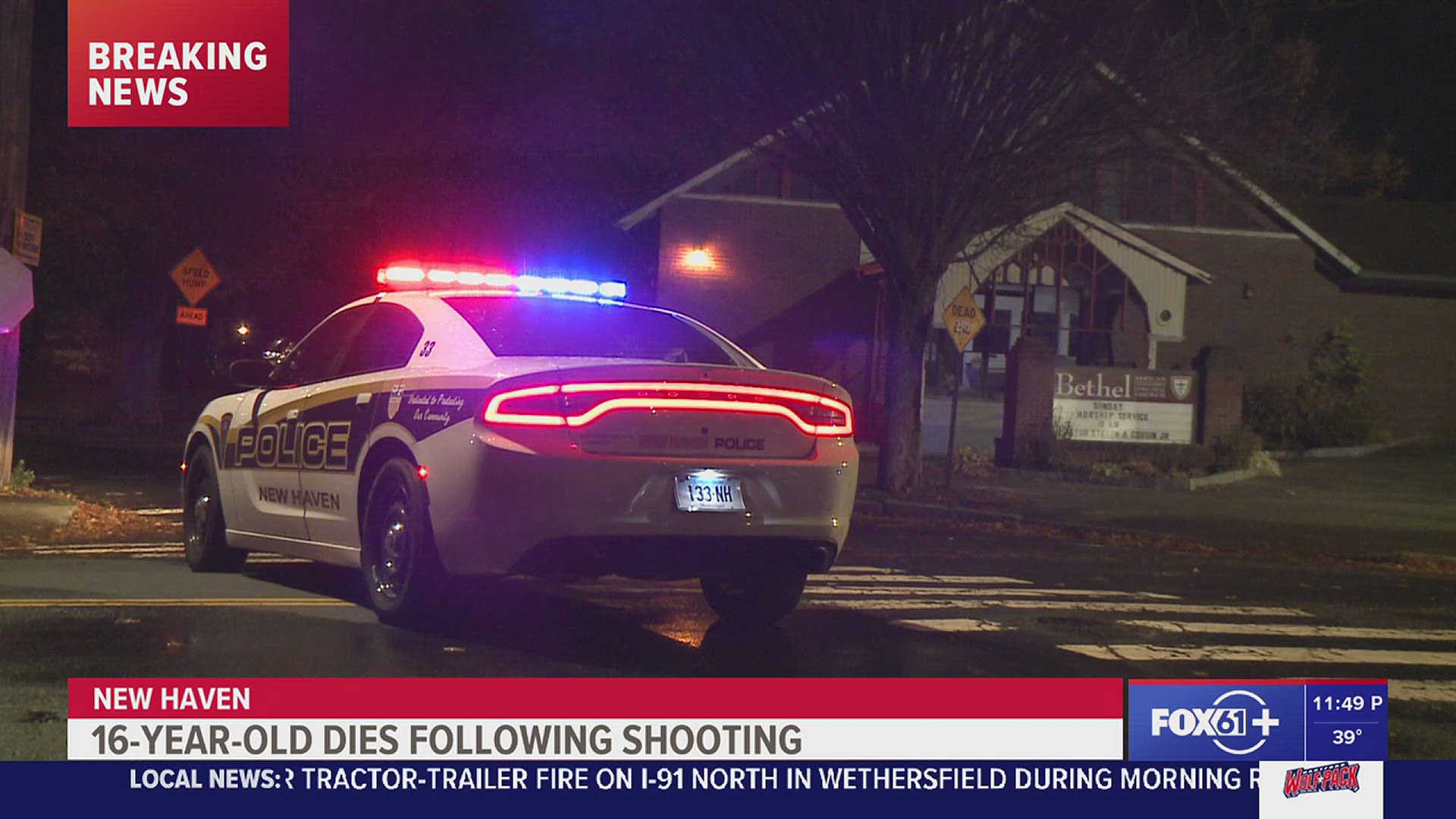CONNECTICUT, USA — As temperatures surge up thermometers, the Alzheimer’s Foundation of America offers a variety of safety tips that families impacted by Alzheimer’s disease and other dementia-related illnesses can use to ensure the safety of their loved ones.
Considering that summer just began, and high temperatures are likely here to stay for the foreseeable future, it is important for caregivers to be aware of the dangers of high heat indexes.
“Extreme temperatures and heat are especially dangerous for people living with dementia-related illnesses because they are more susceptible to heat stroke, hyperthermia and dehydration due to the way these illnesses impact the brain,” Jennifer Reeder, LCSW, AFA’s director of Educational and Social Services, said in a release from the AFA.
Reeder added that caregivers need to be proactive and prepared to protect their loved ones.
“Taking a few simple steps will go a long way,” Reeder said in the release.
According to the AFA, it is critical to take steps to prevent wandering, which is a common behavior for individuals with dementia. Wandering can become dangerous when an individual with dementia gets lost and disoriented and is unable to reach out for help.
In extreme heat conditions, hyperthermia can develop very quickly, heightening the danger. However, the AFA said walking outdoors can be beneficial as it provides individuals with a feeling of purposefulness or pleasure.
During extreme heat, caregivers can create walking paths around the home with visual clues, engage their loved ones with simple tasks and provide enjoyable activities such as exercise, music and crafts.
The AFA said wandering can be a response to excessive stimuli, triggered by the need to get away from noise and people. It can also be an expression of an unmet need such as hunger, thirst or needing to use the bathroom.
Making sure basic needs are met can reduce the chances of wandering, according to the AFA.
“Have a plan of action in case your loved one does wander off,” the AFA said in the release. “Use a permanent marker to write their name or sew identification into their clothes that includes your contact information. Keep a recent photo and medical information on hand, as well as information about familiar destinations they used to frequent. This information can be shared with emergency responders to aid in search and rescue efforts.”
It is also important to help the person stay hydrated, as Alzheimer’s disease and other dementia-related illnesses can impact a person’s ability to know they are thirsty. This makes it extremely critical for caregivers to monitor them and encourage them to drink frequently. The AFA recommends avoiding alcohol and caffeinated beverages, as they can contribute to dehydration.
The AFA also encourages caregivers to watch for warning signs of heat-related illnesses, as dementia can impair a person’s ability to detect changes in temperature and decrease their skin sensibility. This makes them more susceptible to heat stroke, a dangerous elevation in body temperature sparked by exposure to extreme environmental heat or to the troublesome combination of heat and humidity, according to the AFA.
Warning signs include excessive sweating; exhaustion; flushed, red or hot skin and muscle cramps; a fast pulse, headaches or nausea; or sudden changes in mental status. The AFA said resting in an air-conditioned room, removing clothing, applying cold compresses and drinking fluids can help cool the body. If the person faints, shows excessive confusion or becomes unconscious, it is a medical emergency, and the AFA recommends calling 911 immediately.
The AFA said knowing where to cool down is also helpful, as many municipalities have designated “cooling centers” such as community centers, senior centers, libraries and other public buildings where people without air-conditioning in their homes can cool down. If a person with dementia does not have air-conditioning, caregivers are encouraged to find the nearest cooling center and take them there during the hottest hours of the day.
Being proactive is also key; caregivers can make sure the individual has access to water, air-conditioning or other cooling mechanisms.
“Fully charge cell phones, tablets and other electrical devices and have flashlights easily accessible, as blackouts and other power failures can occur during heat waves,” the AFA release said. “Have the emergency contact numbers for local utility providers, as well as the police and fire departments, readily accessible. If you don’t live near your loved one, arrange for someone who does to check on them. Inform them of emergency contacts and where important medical information can be found, such as their insurance card.”
AFA’s helpline is staffed entirely by licensed social workers who are trained in dementia care and can provide additional information and support for families. The helpline is available seven days a week by phone (866-232-8484), text message (646-586-5283) and web chat.
----
Dalton Zbierski is a digital content producer and writer at FOX61 News. He can be reached at dzbierski@FOX61.com.
----
Do you have a story idea or something on your mind you want to share? We want to hear from you! Email us at newstips@fox61.com.
----
HERE ARE MORE WAYS TO GET FOX61 NEWS
Download the FOX61 News APP
iTunes: Click here to download
Google Play: Click here to download
Stream Live on ROKU: Add the channel from the ROKU store or by searching FOX61.
Steam Live on FIRE TV: Search ‘FOX61’ and click ‘Get’ to download.



